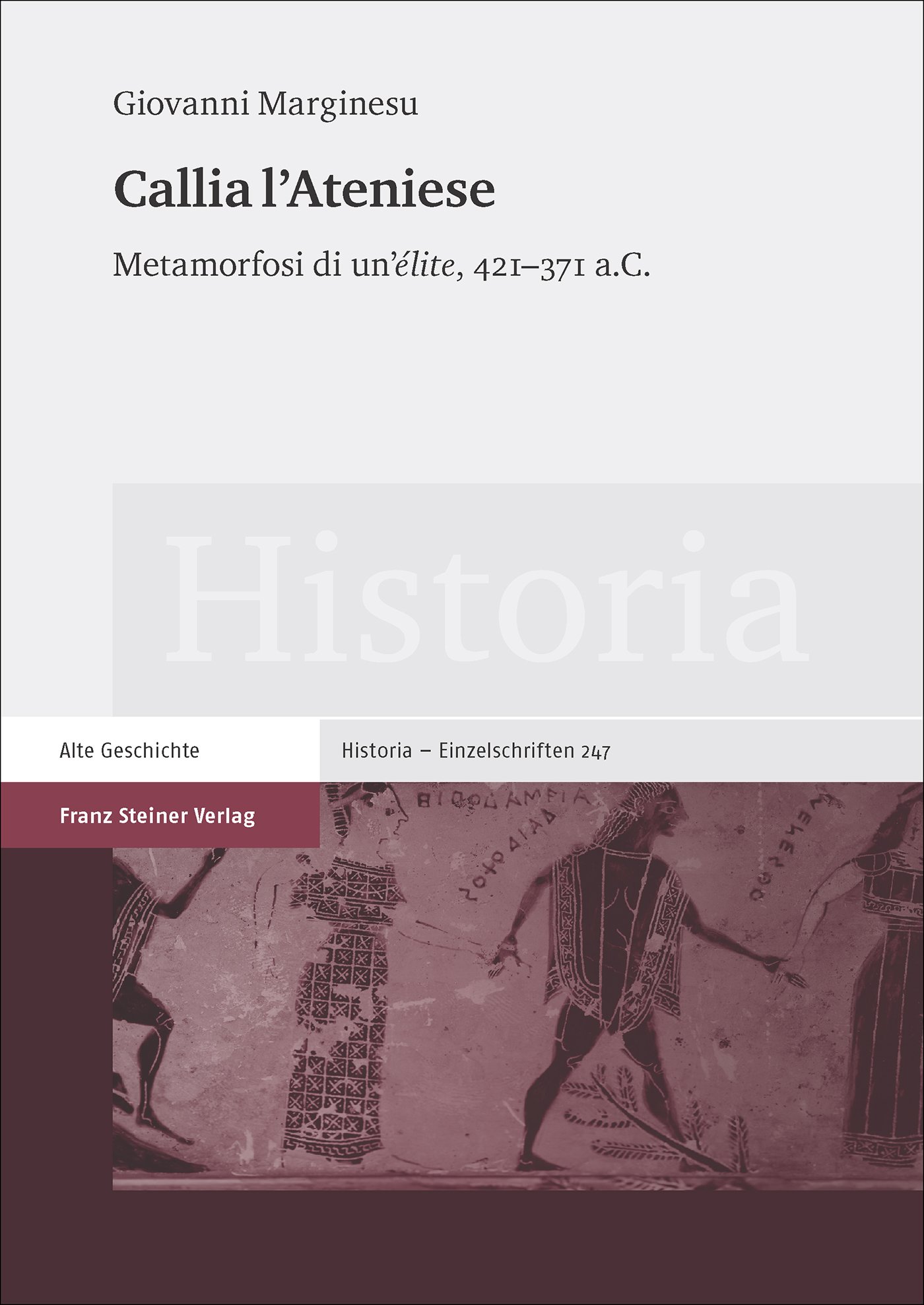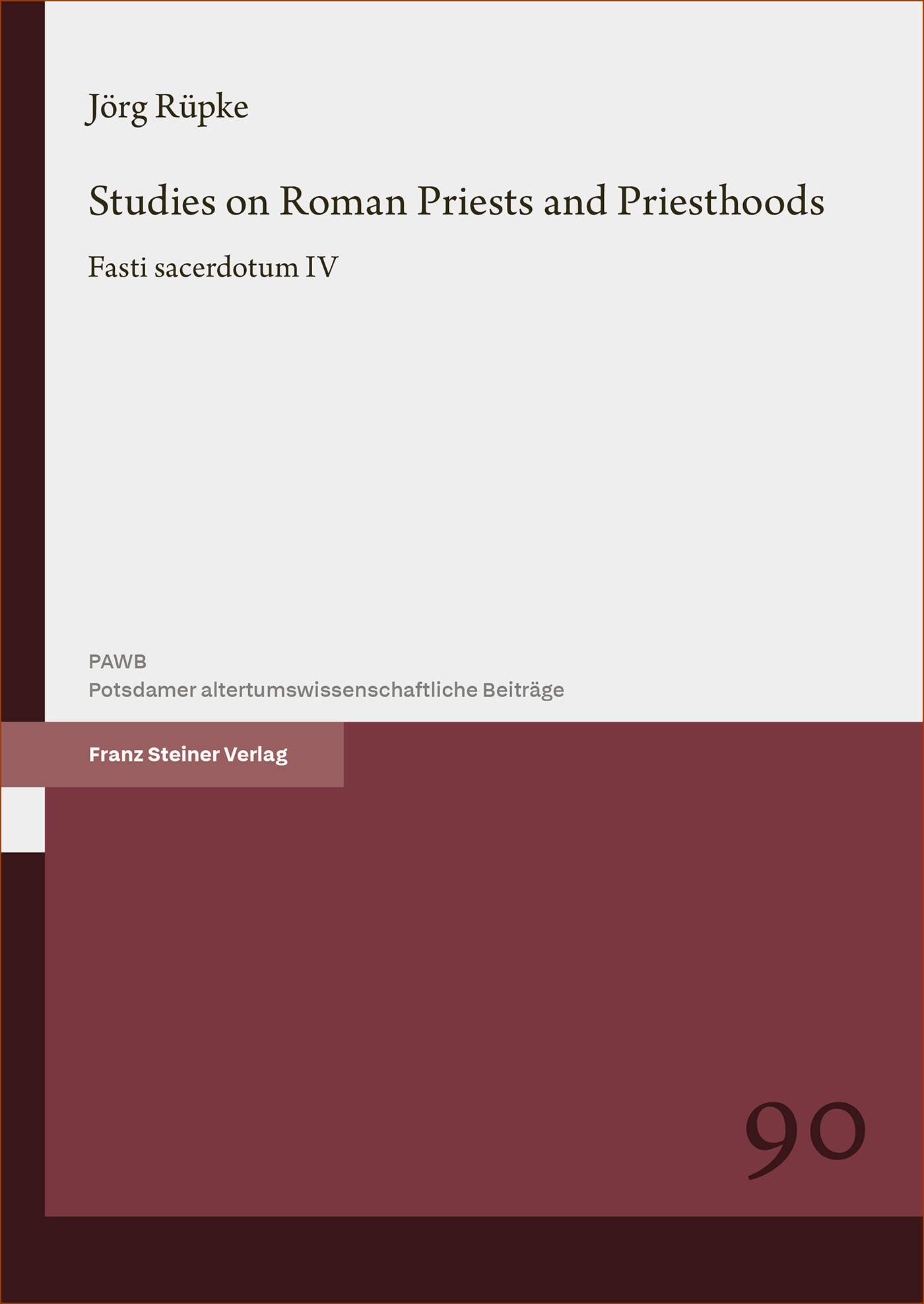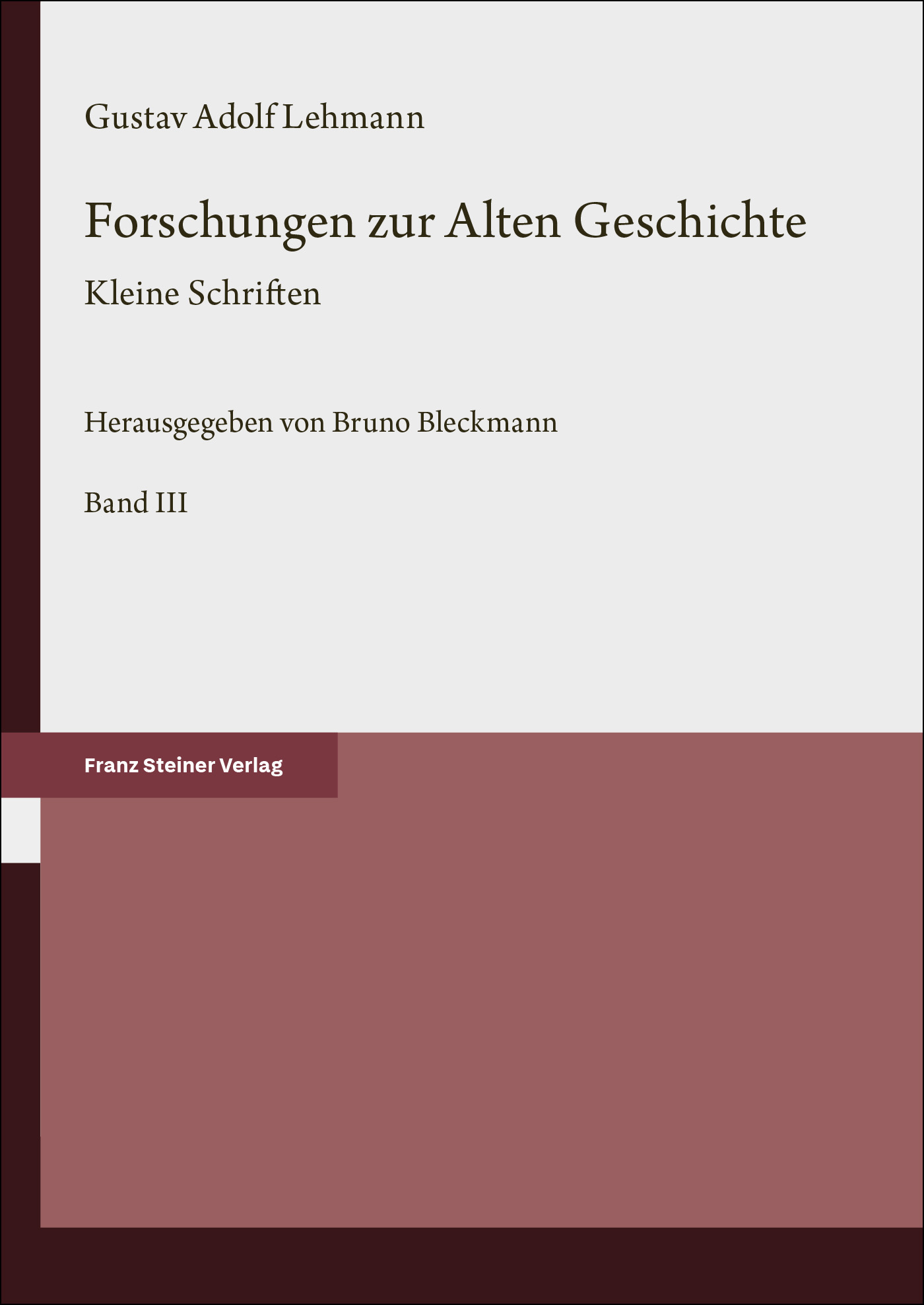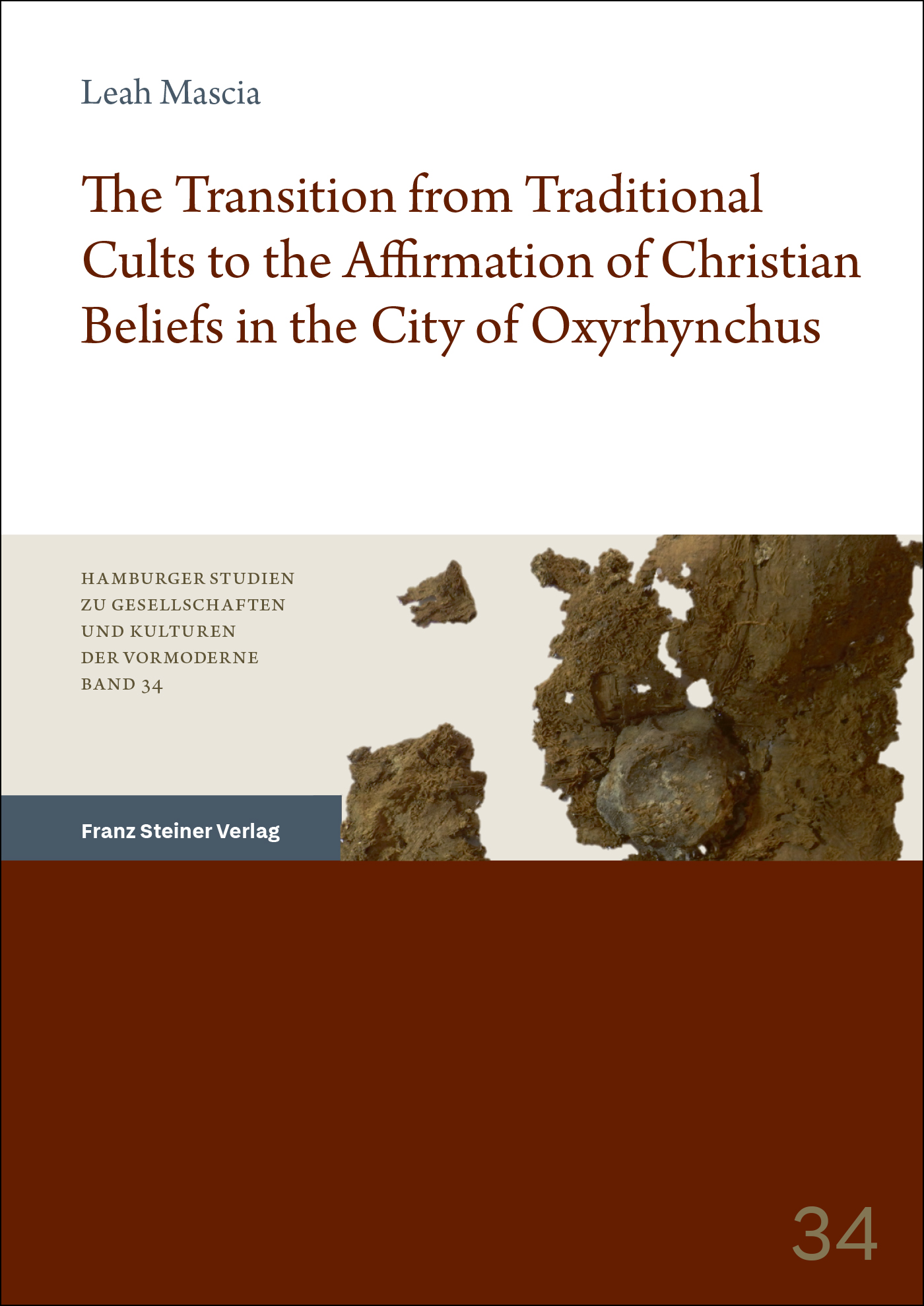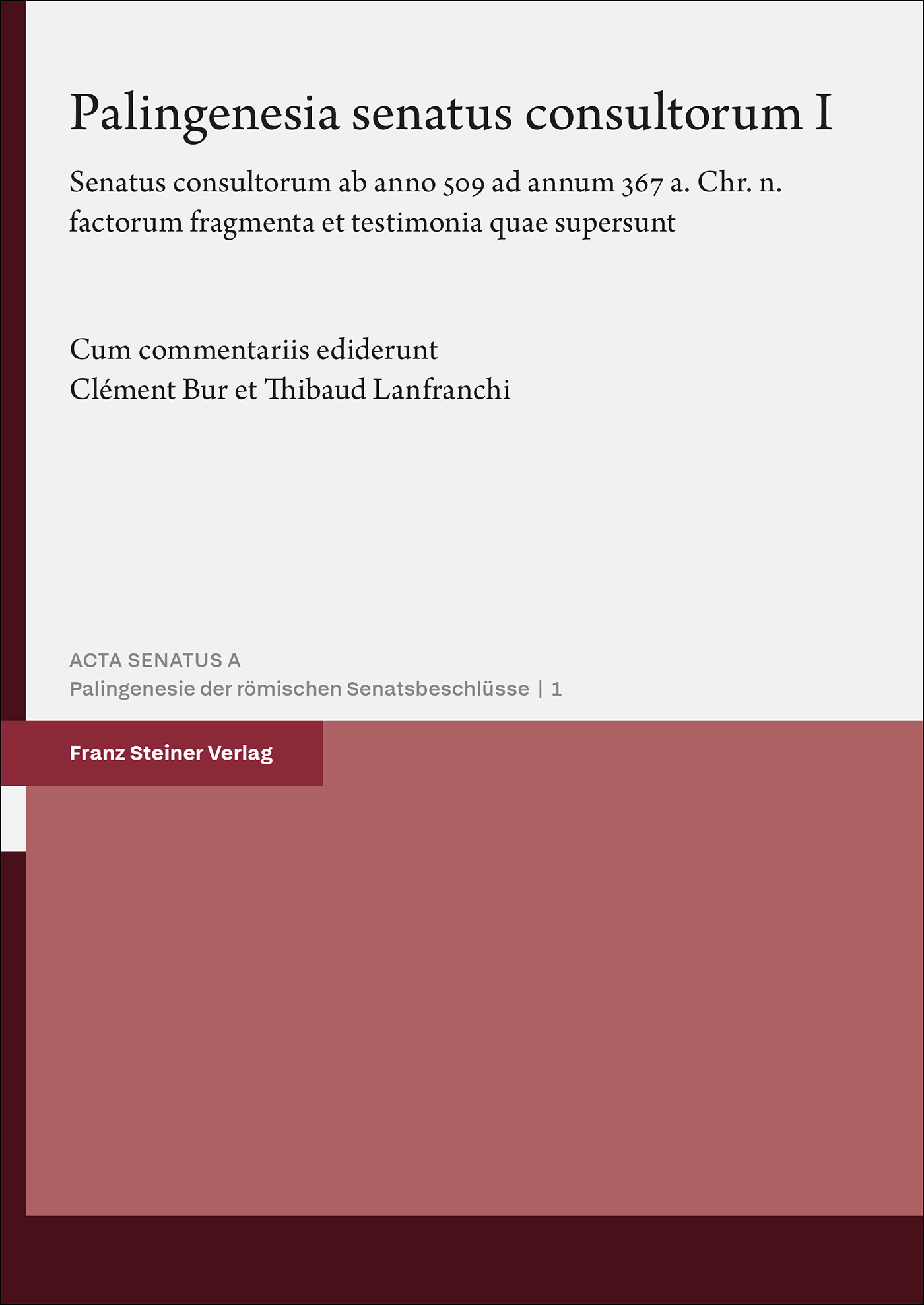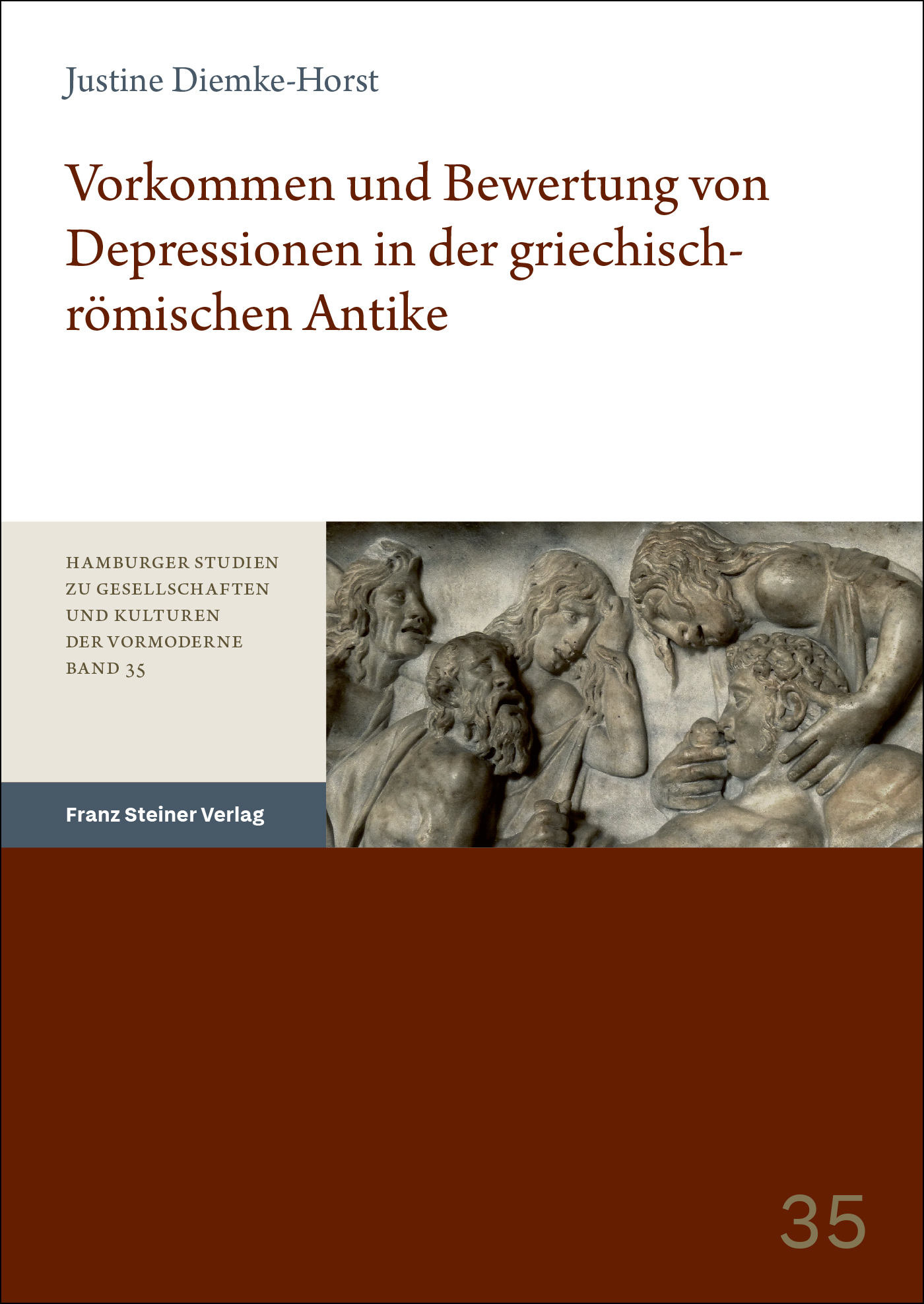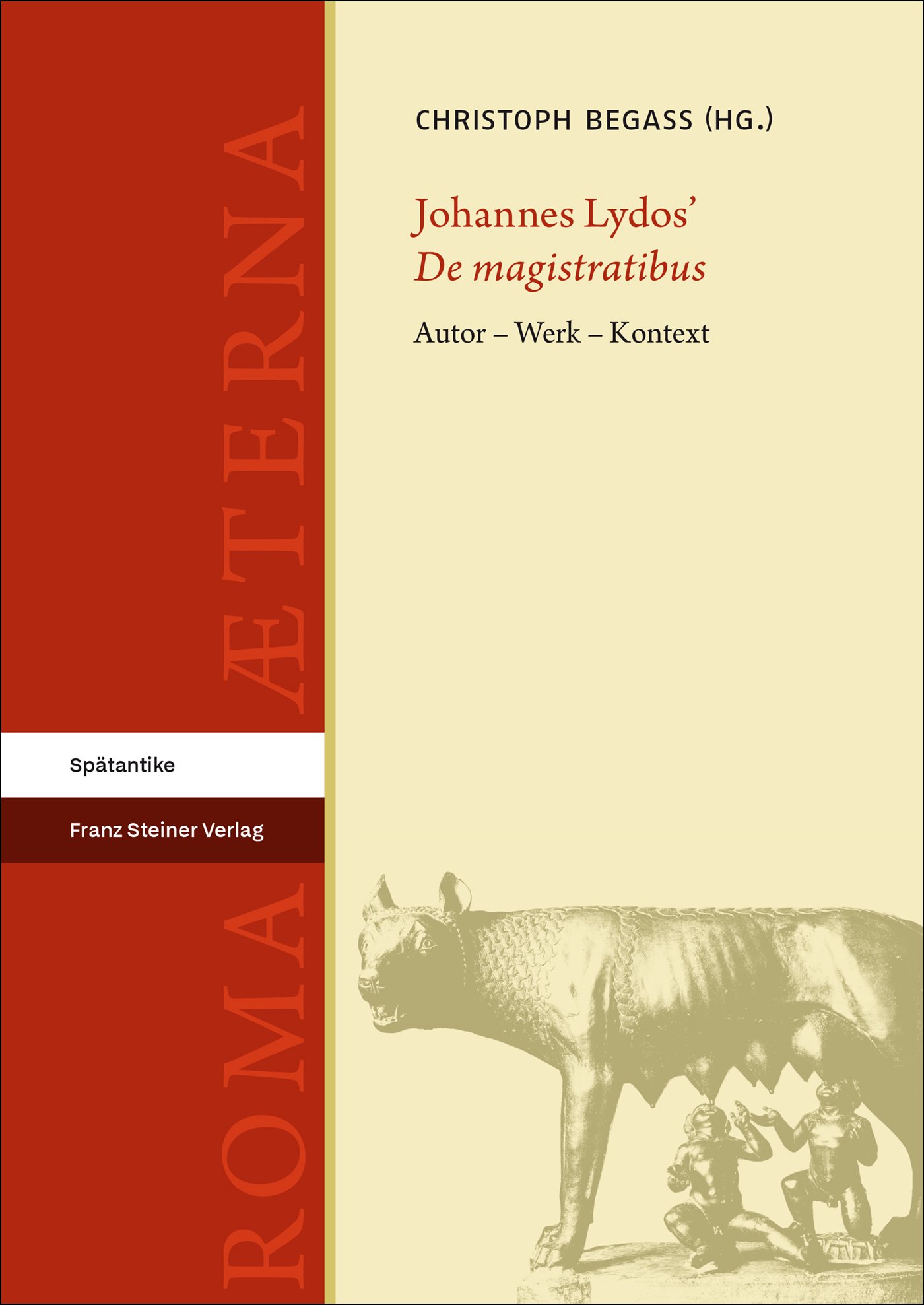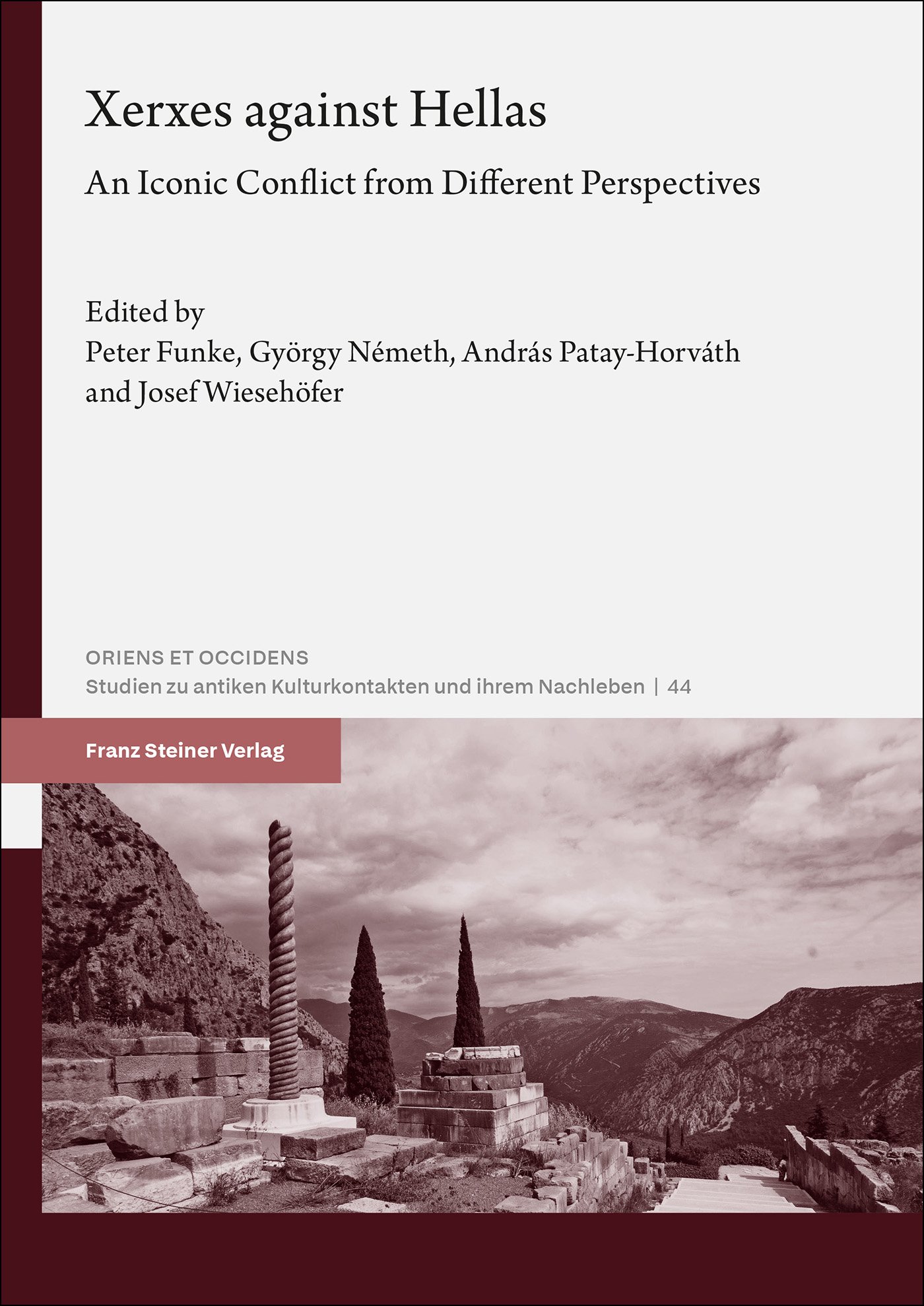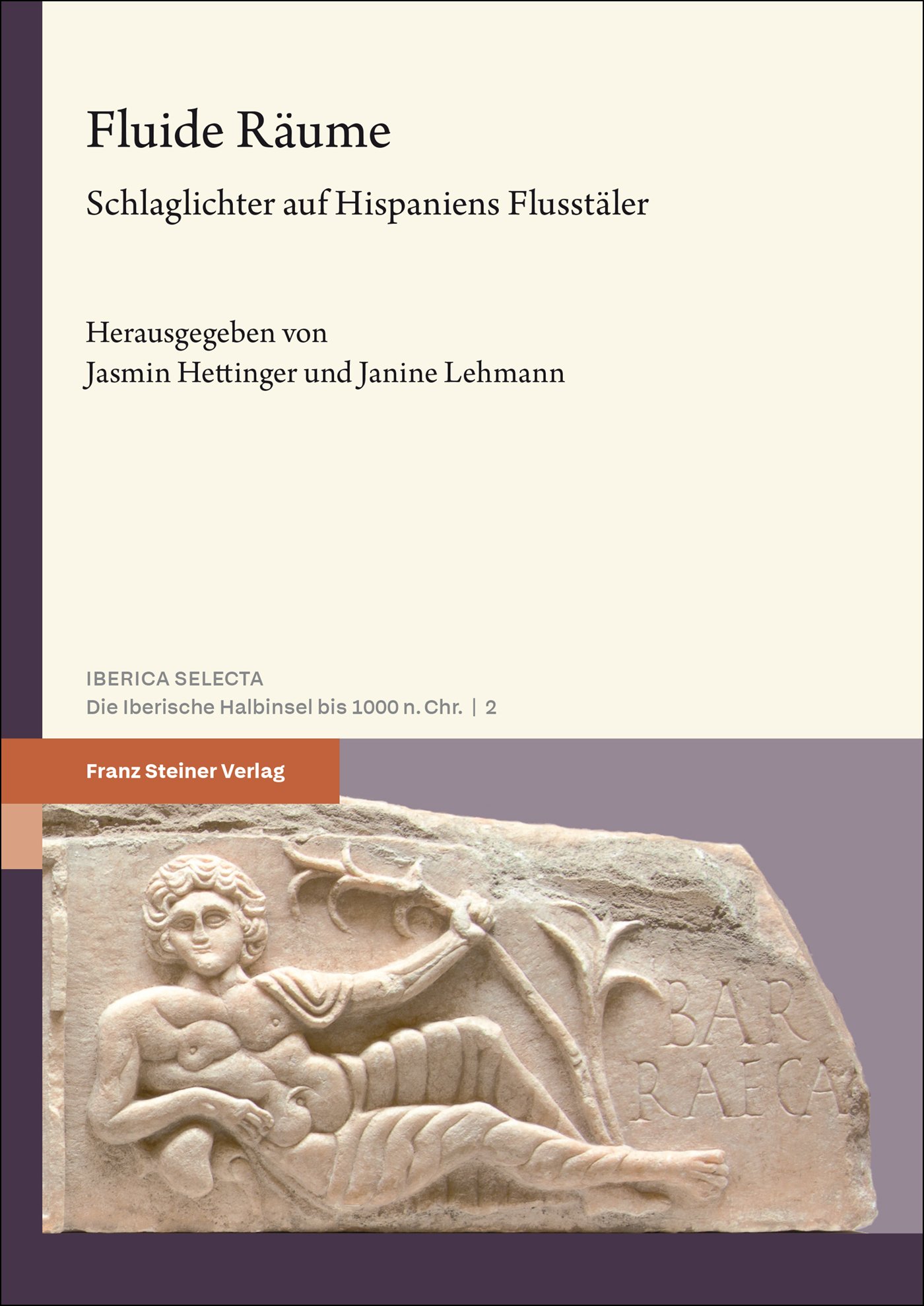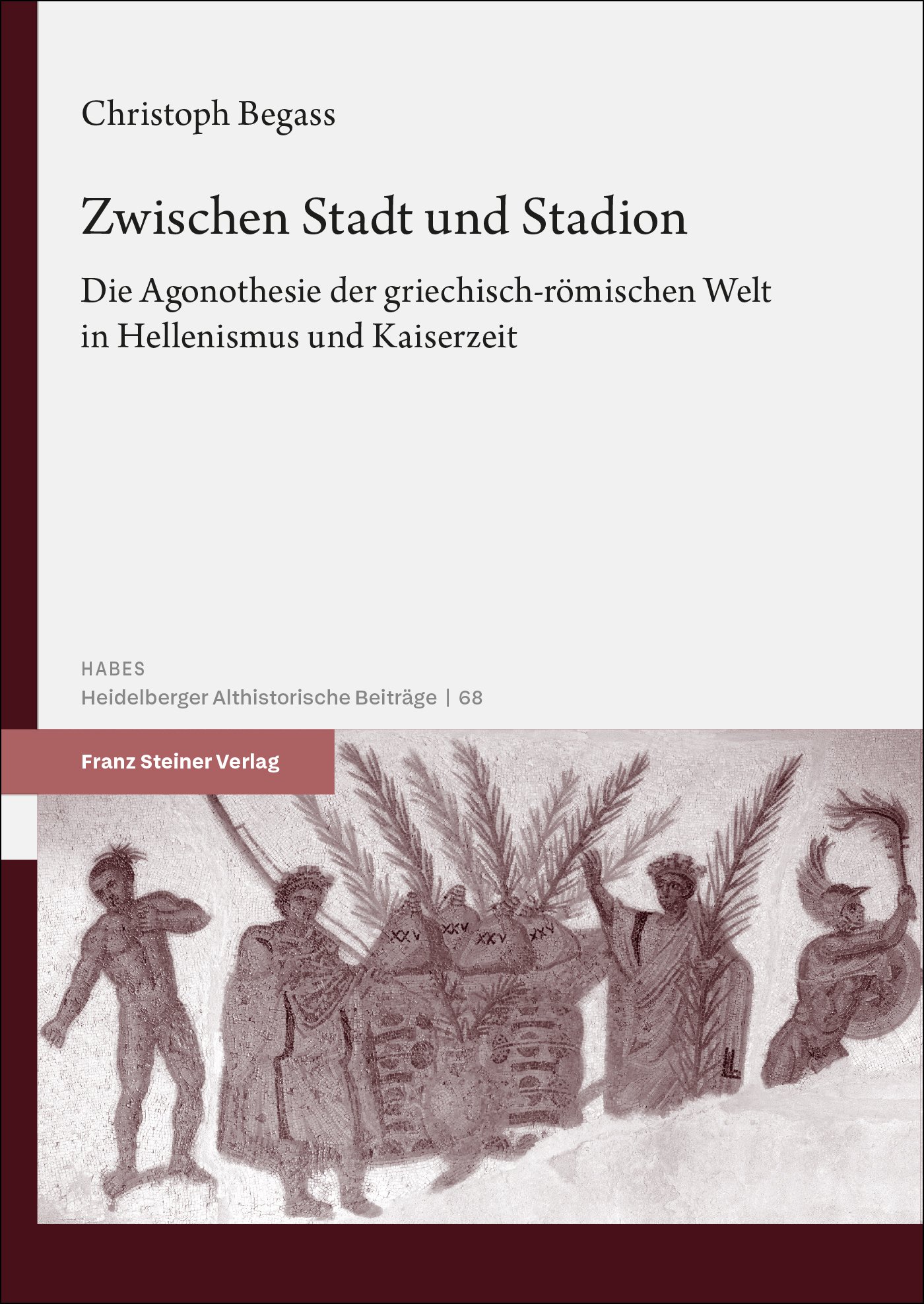Callia l'Ateniese
Nel 'secolo breve' fra la pace di Nicia (421 a.C.) e la battaglia di Leuttra (371 a.C.), Callia (c. 455-365 a.C.) emerge quale personaggio chiave. Discende da una potente stirpe ateniese, arricchitasi enormemente grazie a sagaci stratagemmi. Nominato daduco, sacerdote d'alto rango, assume un ruolo centrale nei riti cittadini. Diplomatico di spicco, è interlocutore nelle trattative ateniesi-spartane. Malgrado ciò, i comici e gli avversari tratteggiano una figura circondata da adulatori, assillata da compulsioni sessuali, sfruttata dai Sofisti. Marchiato nel corpo dal vizio, vecchio e impoverito, Callia avrebbe celebrato un simposio suicida, bevendo la cicuta, lo stesso veleno che uccise Socrate. Indagando l'enigmatica contraddizione fra i due ritratti, si apre lo scenario di una élite spregiudicata, impegnata a resistere e adattarsi a un mondo in trasformazione, nel quale contano, le intraprese finanziarie, si praticano l'evasione dai gravami fiscali e l'appagamento edonistico, a scapito della condivisione dei valori civici. Si apprende così l'amara esemplarità del dossier esaminato in una prospettiva della Grecia classica ancora forse da esplorare.
Kallias is a key figure in the period between the Peace of Nikias (421 BCE) and the Battle of Leuktra (371 BCE). Descendent of a powerful and wealthy Athenian family, he became dadouchos, a high-ranking priest, and he took a central role in civic rites. A powerful diplomat, he led negotiations between Athens and Sparta. Despite all of this, comedians and his enemies treated him as a man surrounded by sycophants, plagued by sexual desires, and exploited by the Sophists. Old and physically depleted by vice, Kallias would have celebrated a suicide symposium drinking hemlock, the same poison that killed Socrates. Investigating the enigmatic contradictions between the two portrayals, a picture emerges of an unscrupulous élite, committed to resisting and finally adapting to a changing world in which the use of money, the engagement of finance, evasion of taxes, and hedonistic gratification come at the expense of shared civic values. In this way, the bitter exemplarity and reality of this case study reveals a dark side of Classical Greece.
| ISBN | 978-3-515-11553-7 |
|---|---|
| Medientyp | E-Book - PDF |
| Auflage | 1. |
| Copyrightjahr | 2016 |
| Verlag | Franz Steiner Verlag GmbH |
| Umfang | 198 Seiten |
| Sprache | Italienisch |
| Kopierschutz | mit digitalem Wasserzeichen |
